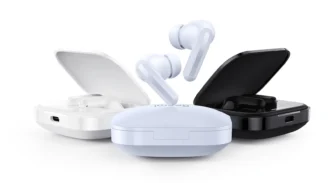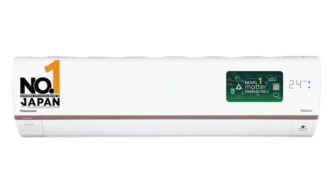Microsoft closing support for Windows 10 could send 240 mln PCs to landfills
The market for devices without security upgrades is anticipated to be modest, even if these PCs may continue to function for years after support ends.
Canalys Research predicts that Microsoft Corporation’s October 2025 Windows 10 support end will increase electronic waste. Approximately 240 million personal computers could become obsolete, contributing to landfill garbage. The predicted 480 million kg of PC electrical garbage is equivalent to 320,000 vehicles.
Microsoft Closing Support For Windows 10
Despite these PCs possibly working for years after support ends, demand for devices without security upgrades is predicted to be modest. Microsoft offers Windows 10 security updates until October 2028 for an unknown yearly cost. If prolonged support costs follow historical trends, users may find it cheaper to upgrade to newer PCs. Older PCs may be discarded more.
Rescued by recycling
Recycling technology offers hope for environmental protection. Recycling PC and server hard drives yields materials for electric vehicle motors and renewable power. Noveon Magnetics Chief Commercial Officer Peter Afiuny suggested turning old computers into magnets for electric vehicles and wind turbines. Afiuny further stated that hard drives are often abandoned before their lifespan, resulting in rare earth magnetic material waste. Redwood Materials noted that batteries may be recycled virtually endlessly, recovering lithium, cobalt, nickel, and copper. This recycling procedure can help meet worldwide electricity and sustainable technology needs.
Microsoft will give Windows 10 security updates until October 2028 for an unknown yearly fee.
Canalys warned that if prolonged Windows 10 support pricing follows prior trends, switching to newer PCs may be cheaper, increasing the number of older PCs scrapped.
When Windows 10 support ends, 240 million PCs will be e-waste.
Canalys believes that a fifth of devices will become e-waste owing to Windows 11 incompatibility in the nearly two years until Microsoft’s announced end-of-support date for Windows 10 – October 14, 2025. This is 240 million PCs. If these folded computers were stacked, they would be 600km taller than the moon.
If in good shape, most of these 240 million PCs may be recycled, but their incompatibility with the latest Windows version greatly limits their worth for refurbishment and reselling. Regardless of OS, used PCs are still dumped, but sustainable ITAD choices have never been more available. 39% of Canalys 2023 sustainability survey partners can refurbish and resell secondhand PCs, indicating rising channel capabilities.
Device switching with unsupported OS systems threatens digital equity.
The lack of free and ongoing security upgrades will dissuade even the most frugal firms from buying machines no longer supported by Microsoft, even though many of the 240 million PCs will still be usable for years.
Using charitable donations to extend the lifespans of these discarded PCs is not feasible or ethically sustainable if the sector intends to promote digital fairness. Digital equality implies ensuring that underprivileged and developing communities globally may use and benefit from information technology. Reusing these unsupported PCs is beneficial for the environment, but donating them won’t help the industry close the digital divide.
Microsoft offers optional cybersecurity patches at a cost.
Microsoft announced in early December that Windows 10 Extended Security Updates will be available until October 2028 for an undetermined annual charge. Microsoft formerly offered paid Extended Security Updates for Windows 7 and Windows 8.1 until January 2023.
Though extended support can extend the lifespans of Windows 11-ineligible PCs, the cost of security updates may deter many customers. The first year of Windows 7 extended support cost $25 per PC, quadrupling to $100 in the third and final year of Extended Security Updates. If Microsoft charges the same for Windows 10’s extended support, migration to Windows 11-capable PCs will be cheaper, causing older PCs to be discarded.
Device vendors must maximize lifespans
The volume of e-waste produced by Windows 10’s end shows how device and OS vendors must maximize product lifespans. OEMs must build devices with durability, repairability, and recyclability, and OS suppliers must keep them usable and secure to support the circular economy. These initiatives can help end users, partners, and ITAD specialists repair, redeploy, refurbish, and resell devices instead of discarding them.
Despite a forthcoming EU legislation forcing smartphone and tablet companies to provide functional and security updates for a fixed period after launch, there are no regulations to promote this shift in the PC sector. Meanwhile, only cross-industry collaboration can solve the technology sector’s grave and recurring e-waste problem.




















